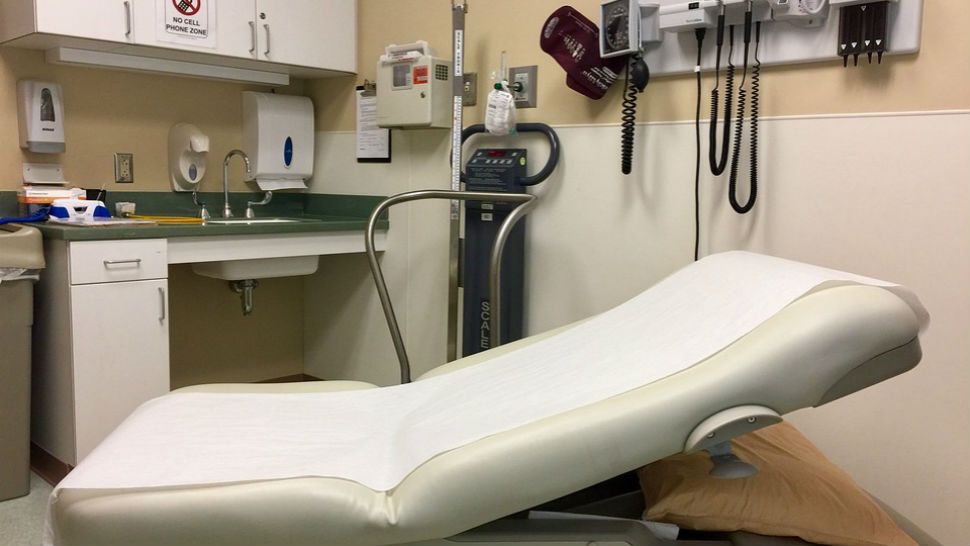Syphilis cases among North Carolina women and babies have seen a dramatic upswing in recent years, according to the North Carolina Department of Health and Human Services.
What You Need To Know
- Syphilis cases have increased 23% from 2021 to 2022 in N.C., according to the North Carolina Department of Health and Human Services
- Congenital syphilis has also increased in babies, with 55 cases being reported in N.C. last year
- The increase is related to lack of protection during sexual encounters and participants not being tested for STIs prior to sex
- NCDHHS has a public health outreach program, and N.C. has free STD testing sites
The NCDHHS reported Wednesday, that syphilis cases have increased 23% from 2021 to 2022.
NCDHHS released the reports as part of Sexually Transmitted Infection Awareness Week.
The increase has been attributed to several factors, including partners not being tested for STIs prior to sexual interactions and a lack of protection, according to NCDHHS. The department suggests partners get tested regularly, know their partners' sexual activities, use protection and be mindful of their number of sexual partners.
"The good news is that sexually transmitted infections are preventable," said Evelyn Foust, NCDHHS Division of Public Health’s Communicable Disease Branch Chief. "We need to empower ourselves to learn about them, how to talk about them, when to test for them and where to go for care and treatment — and what better time to have conversations than during STI Awareness Week."
Cases among women jumped from 360 in 2019 to 837 in 2022, a 133% increase, according to preliminary data. The increase in syphilis infections has caused an uptick of syphilis in babies, called congenital syphilis (CS). In 2022, CS increased by 21% compared to 2021, with 55 cases, according to the press release.
North Carolina public health law requires health care providers to screen all pregnant women for syphilis during their initial visit, again at 28-30 weeks of gestation and at delivery to ensure treatment, identification and prevention of CS, as stated by the NCDHHS.
"Congenital syphilis is preventable through the early detection and treatment of maternal infection during pregnancy," said Victoria Mobley, M.D., HIV/STD Medical Director at the NCDHHS Division of Public Health. "Providers can prevent congenital syphilis, and the potential effects, such as miscarriage and stillbirth, by testing at three points during pregnancy and providing timely treatment."
The NCDHHS has a public health outreach program, to contact individuals who may have been exposed to an STI or other communicable diseases and N.C. has free STD testing sites.



